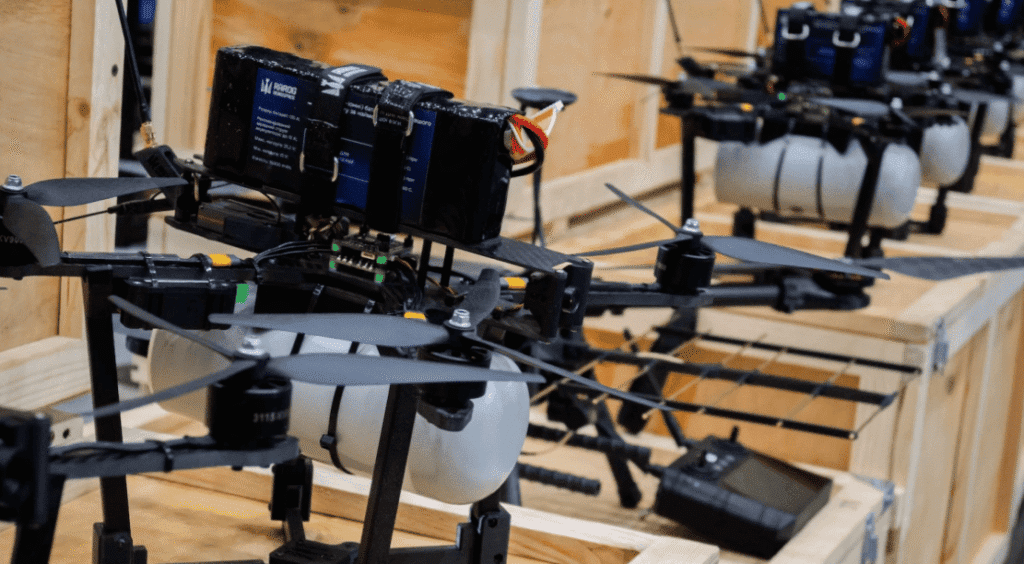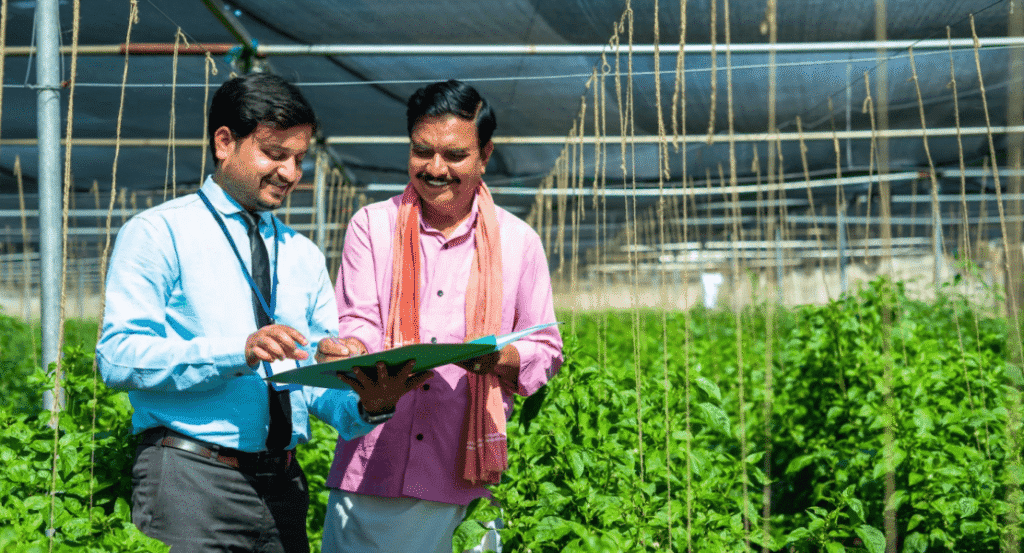Labour market institutions for the AI era: The need for verified employment records

The rise of AI fundamentally alters the balance between formal credentials and verified experience in labour markets, but without verified employment records, experience remains invisible.
Then and now: A look back and ahead at the US federal budget

There is now widespread concern that the US faces an unsustainable fiscal future under current policies. The rise in the debt-to-GDP ratio since 2001 can
Financial fragmentation as a vulnerability in euro area bond markets

As European governments scale up investment, bond market stability is more critical than ever. This column shows that financial fragmentation can undermine that stability by
European defence governance and financing

In a context of shifting US commitments, external threats, and global competition over trade, technology, critical minerals, talent, and intellectual property, Europe’s lack of defence
Conflict in dismissals: Evidence from ‘separations by mutual agreement’ in France

Dismissals are costly and are often subject to stringent employment protection regulations. This column explores how France’s 2008 introduction of separation by mutual agreement affected
Beyond military sales: The market premium on dual-use research and development

The sharp rise in European defence spending – driven by Russia’s full-scale invasion of Ukraine, President Trump’s re-election and the weakening of US security guarantees,
The unbearable lightness of the sovereign greenium

Since 2016, many governments have issued ‘green’ debt instruments to support the transition to a low-carbon economy. This column shows that a yield discount on
Public money, private innovation: How government funding built – and sustains – America’s technological leadership

The US has long been the world’s innovation powerhouse, based on a system that combines public funding with private initiative. Yet this model is under
AI for financial sector supervision: New evidence from emerging market and developing economies

AI offers opportunities to improve efficiency, inclusion, and oversight in the financial sector. This column shows, however, that AI adoption remains limited in most emerging
Credit and product innovation in emerging markets: Evidence from India

Access to finance is an important driver of innovation in developed countries. This studies a 2006 reform in India that expanded credit access for many





